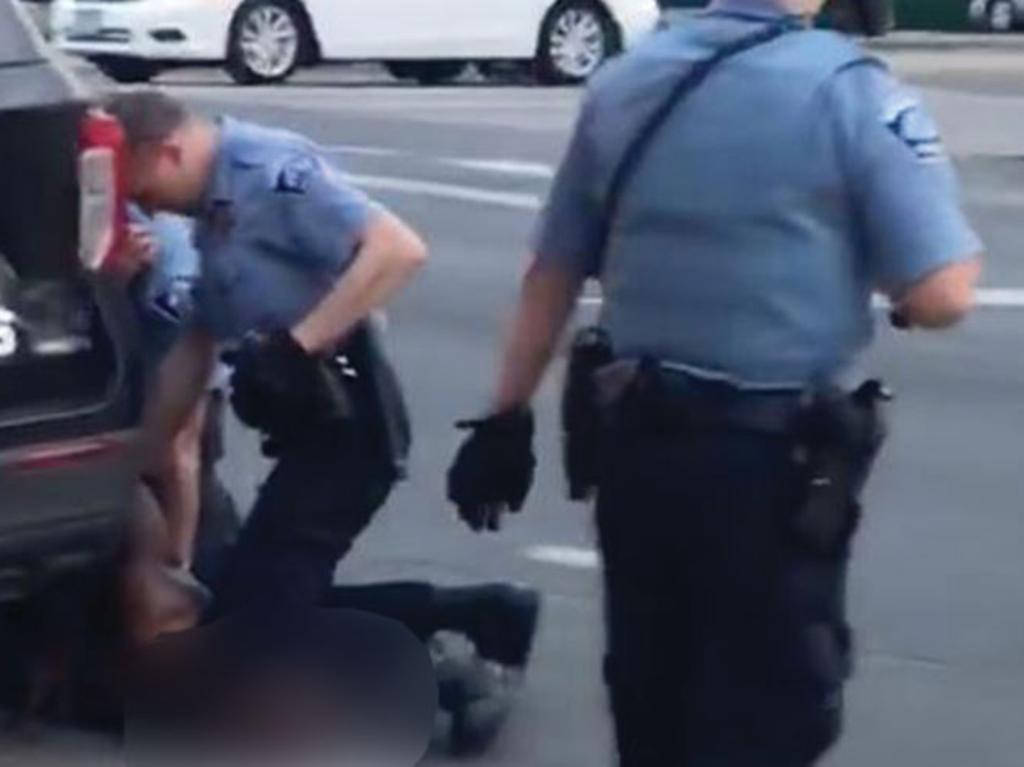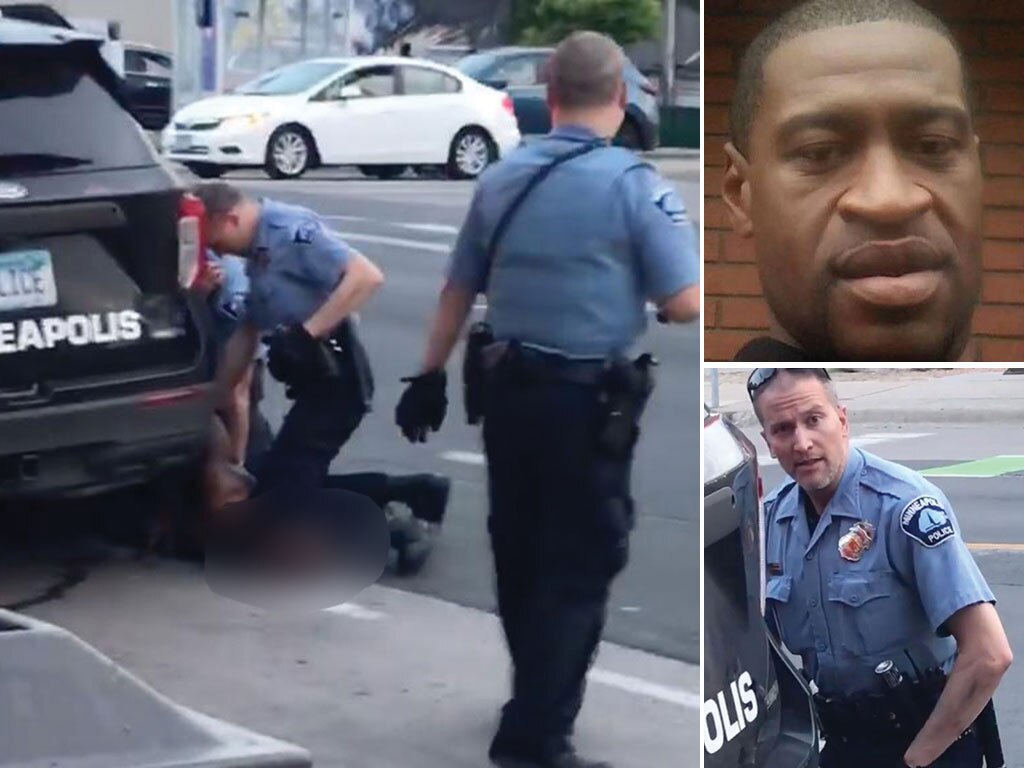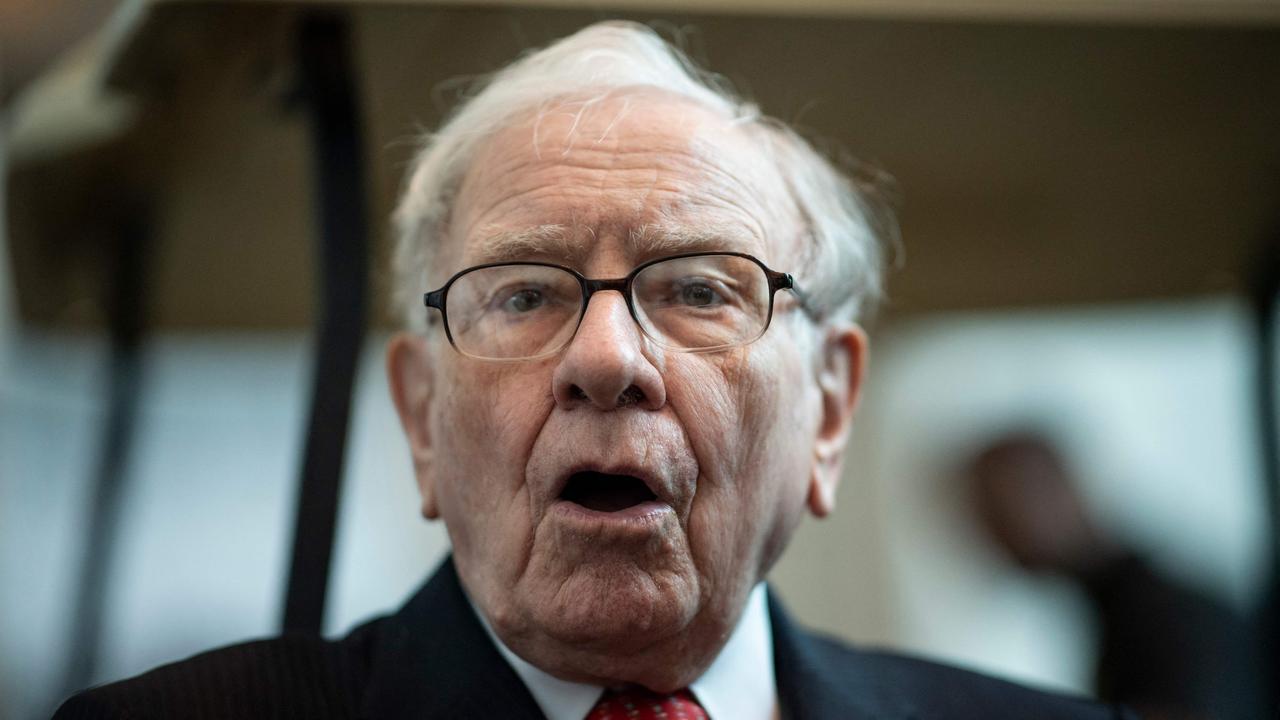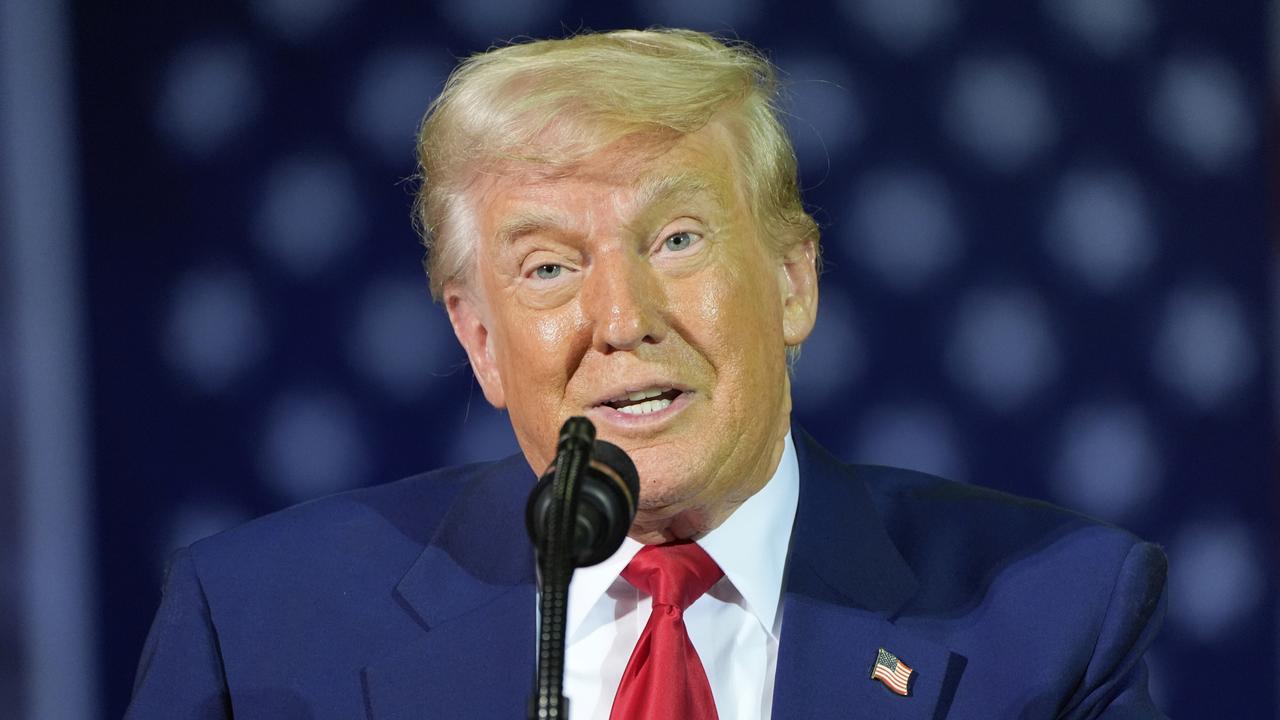The Derek Chauvin Verdict: What We Know
Minneapolis police officer Derek Chauvin has been found guilty on all three counts in the death of George Floyd. What happens now?
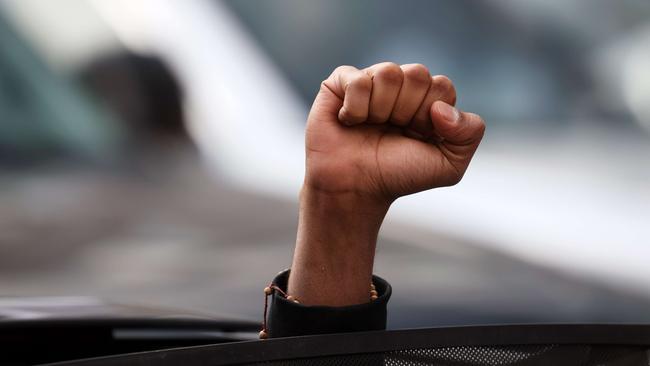
A Minnesota jury found former Minneapolis police officer Derek Chauvin, age 45, guilty on all three counts in the death of George Floyd, a Black man whose fatal arrest last year on May 25 was captured on video and set off a wave of protests calling for racial justice and changes to policing practices.
What did the jury decide?
The jury found Chauvin guilty on all three charges that he faced. Sentencing will happen in eight weeks. Chauvin’s bail was revoked, and he will remain in the custody of the Hennepin County Sheriff.
What charges was Chauvin facing?
Chauvin faced three charges: second-degree murder — unintentional, while committing a felony; third-degree murder and second-degree manslaughter. He pleaded not guilty to the charges and exercised his Fifth Amendment right not to incriminate himself during the trial.
A finding of guilt required the jury to conclude that Chauvin caused Mr. Floyd’s death, even if unintentionally, meaning that his prolonged kneeling on Mr. Floyd’s neck and back was at least a “substantial causal factor” in his death, though not necessarily the only factor. A guilty verdict also required a finding that the force used to restrain Mr. Floyd was unreasonable.
Government officials are typically afforded broad liability protections in carrying out their duties. Many of the federal civil lawsuits over prone-restraint deaths, generally defined as being pinned to the ground on one’s stomach, are rejected before trial by judges.
How long did it take the jury to reach a verdict?
About a day. The jury of nine women and five men began deliberations on April 19. The jury was sequestered, meaning the court put them in a hotel room and required them not to consume any media.
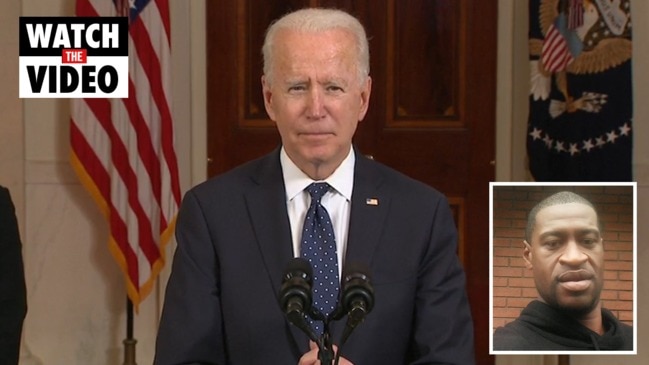
What happened during the trial?
The trial lasted three weeks. Prosecutors presented evidence that Chauvin caused Mr. Floyd’s death by kneeling on his neck and back, while he was handcuffed and face down, for more than nine minutes and that the force used was reckless.
The defence presented experts who argued that Chauvin had behaved reasonably and within professional standards. Mr Floyd died from a fentanyl overdose and a pre-existing heart condition, they argued.
The trial of Chauvin shifted into a battle of expert testimony in its final days, with experts for the prosecution arguing Mr. Floyd died because he was subdued by Chauvin and other officers. Defence experts testified that Mr. Floyd died of cardiac arrest because of heart disease and that the death couldn’t be ruled a homicide.
What is expected after the verdict?
Law-enforcement officials and community leaders said they would strive to de-escalate any tensions following the verdict, while helping to ensure that people have safe spaces to gather or protest. Nationwide, police departments say they are implementing new tactics after being criticised by agency watchdogs for their handling of last summer’s demonstrations.
Minneapolis has spent the past several days tightening security, including bolstering temporary barricades around government buildings in case of protests, looting and arson as seen in the city last summer. In anticipation of the verdict, Minneapolis schools closed for in-person learning for part of the week after the jury began deliberations.
Who was George Floyd?
George Perry Floyd, 46 years old when he died, grew up in an impoverished area of Houston, had several siblings and was raised by his single mother.
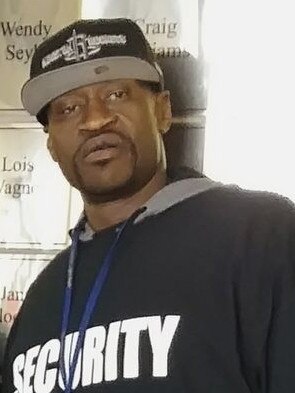
He was a star athlete at his high school and received a basketball scholarship to attend what’s now known as South Florida State College. He ultimately left college to help his family, then struggled with addiction and was incarcerated several times.
He got out of prison in 2013, began speaking out against gun violence, volunteered with a church and, eventually, took a Greyhound bus to Minneapolis to try to turn his life around. He worked in security and was in training to be a commercial truck driver.
His late mother’s nickname, Cissy, was tattooed on his upper abdomen. He was known as Perry or Floyd or Big Floyd to friends. He was a father.
Who is Derek Chauvin?
Derek Michael Chauvin was raised in St. Paul Park, a suburb of St. Paul. His parents divorced when he was young, and classmates said he was quiet and didn’t stand out. After graduating high school in 1994, he worked in restaurants and then attended a community college, graduating in 1999 as a law-enforcement major. He earned a bachelor’s degree in law enforcement in 2006 and served in the Army Reserve.
At age 25, Chauvin became a police officer in the Minneapolis Police Department. Chauvin received several medals from the department as well as occasional letters from citizens commending his work. His police personnel file also shows he faced 17 misconduct investigations. All but one were closed without discipline, with the one resulting in a letter of reprimand and notice of suspension.
WSJ

